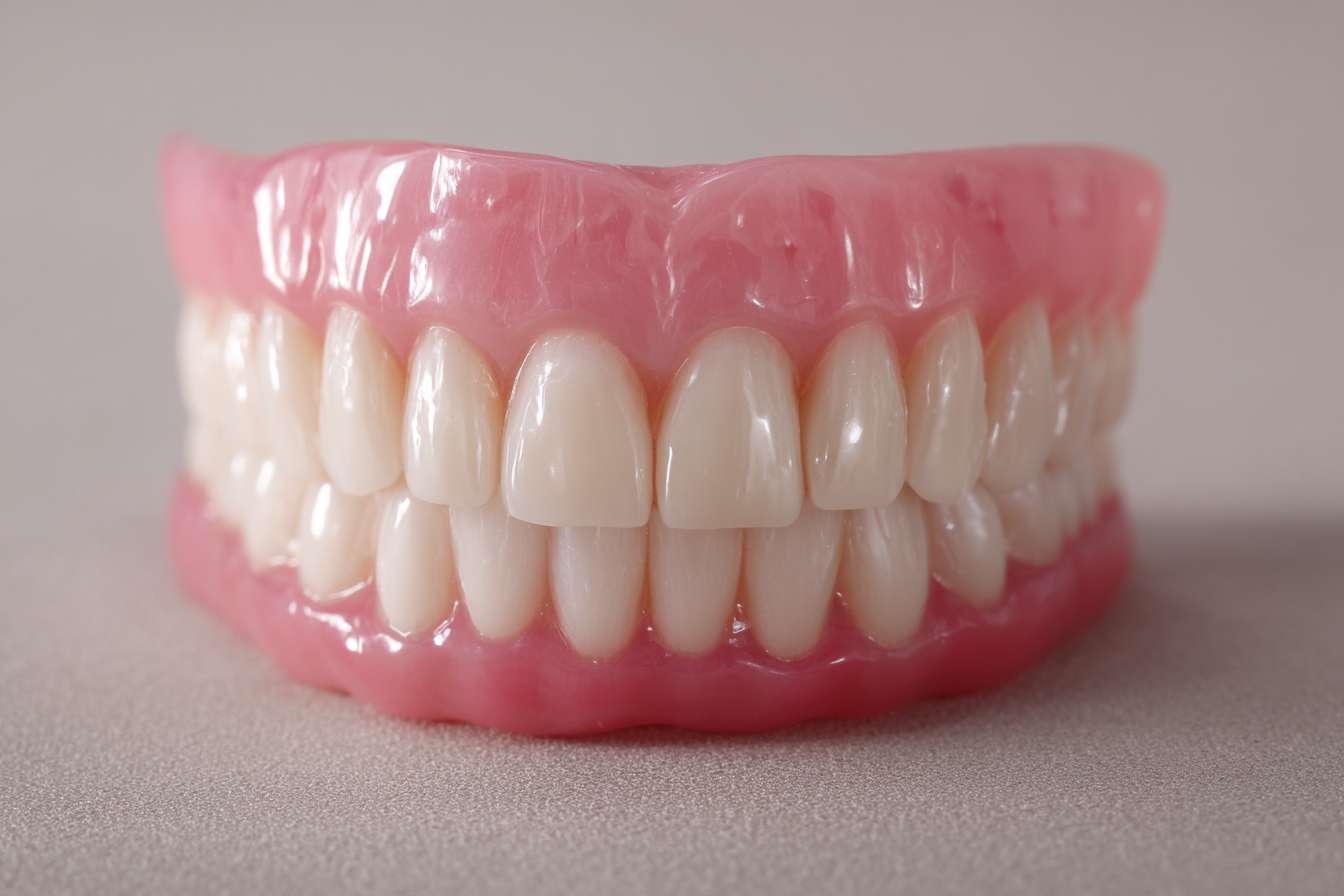Revealing the Health Benefits of Grounding: A Closer Look at Earthing
Have you ever walked barefoot in the grass or on a sandy beach and felt an inexplicable sense of calm and well-being? This isn't just a nostalgic throwback to our childhood days; it’s a phenomenon known as grounding or earthing. The theory behind grounding is that our bodies are meant to be in contact with the Earth, a natural electrical conductor, to balance out our energies and improve our health. Could this simple act really be a secret to better health and well-being? Let's explore the science and research behind this intriguing concept.

The History and Science of Grounding
Grounding, also known as earthing, is not a new concept. It’s rooted in the belief systems of indigenous cultures worldwide, which view the Earth as a source of healing and energy. The theory suggests that direct contact with the Earth’s surface, such as walking barefoot or sitting on the ground, can help balance the body’s electrical energy. This practice is believed to neutralize free radicals and reduce inflammation.
The Current State of Grounding Research
Modern research into grounding’s health benefits is still in its infancy but is showing promising results. Multiple studies have reported improvements in inflammation, pain, mood, and sleep among participants who practiced grounding. However, more in-depth studies are required to fully understand the mechanisms at work and validate these claims.
Digging Deeper: Grounding’s Benefits and Challenges
Grounding is touted for its potential in reducing inflammation, improving sleep, enhancing mood, and even boosting the immune system. However, the practice also has its challenges. The urban lifestyle, for example, doesn’t offer many opportunities for direct contact with the Earth. Plus, the lack of large-scale, high-quality research means the scientific community remains divided on grounding’s effectiveness.
Grounding: Separating Fact from Fiction
All health claims must be scrutinized, including those about grounding. While preliminary studies show promising results, it’s essential to remember that grounding is not a cure-all. It should be used as part of a balanced lifestyle, not as a standalone treatment for health conditions. More comprehensive research is needed to confirm the benefits of grounding and how best to incorporate it into a healthy lifestyle.
Fascinating Insights into Grounding
- Grounding can be as simple as walking barefoot in your backyard or garden.
- Some grounding enthusiasts use products like grounding mats or sheets to maintain contact with the Earth while indoors.
- Preliminary studies have shown potential improvements in sleep quality, stress levels, and inflammation due to grounding.
In conclusion, grounding or earthing presents an intriguing avenue for enhancing health and wellness. While the research is still emerging, early results indicate potential benefits around inflammation, sleep, and mood. As with any health practice, it’s crucial to approach grounding with a balanced view, understanding its potential benefits and limitations. Grounding can be a simple addition to a holistic wellness routine, promoting a deeper connection with nature and possibly contributing to improved well-being.






